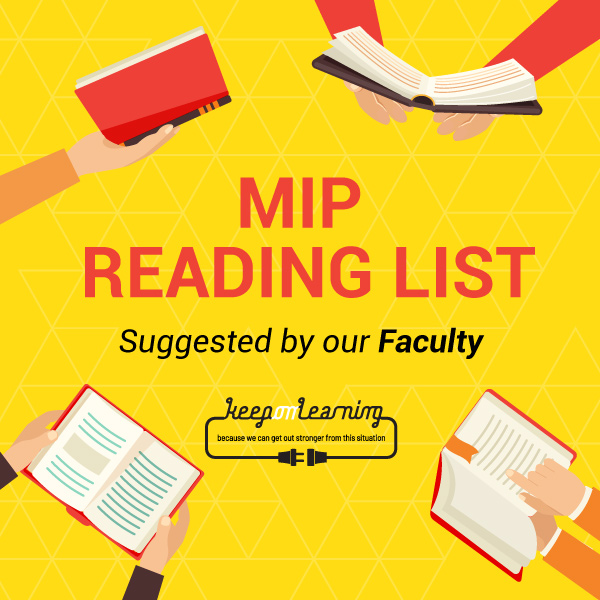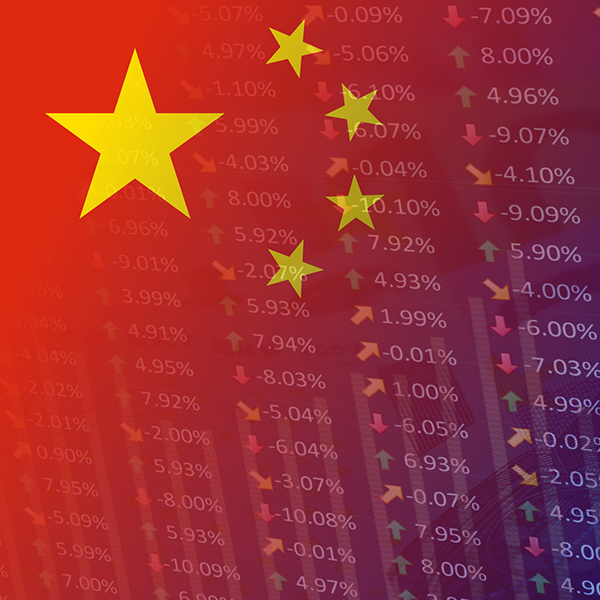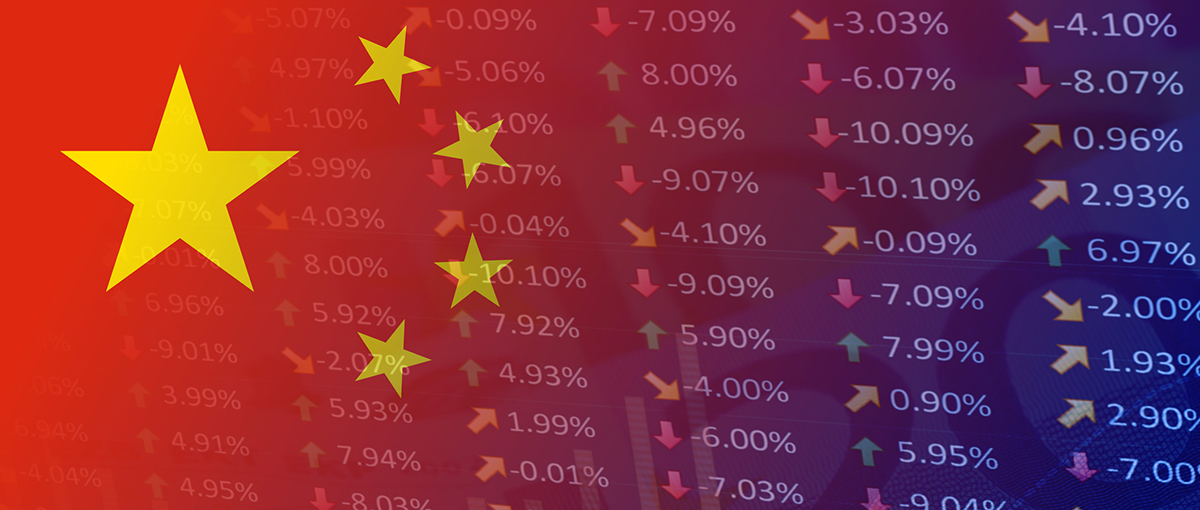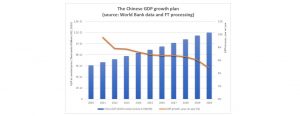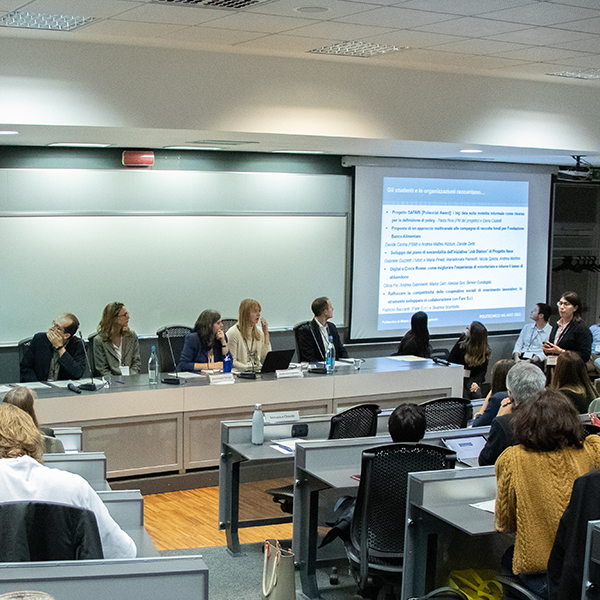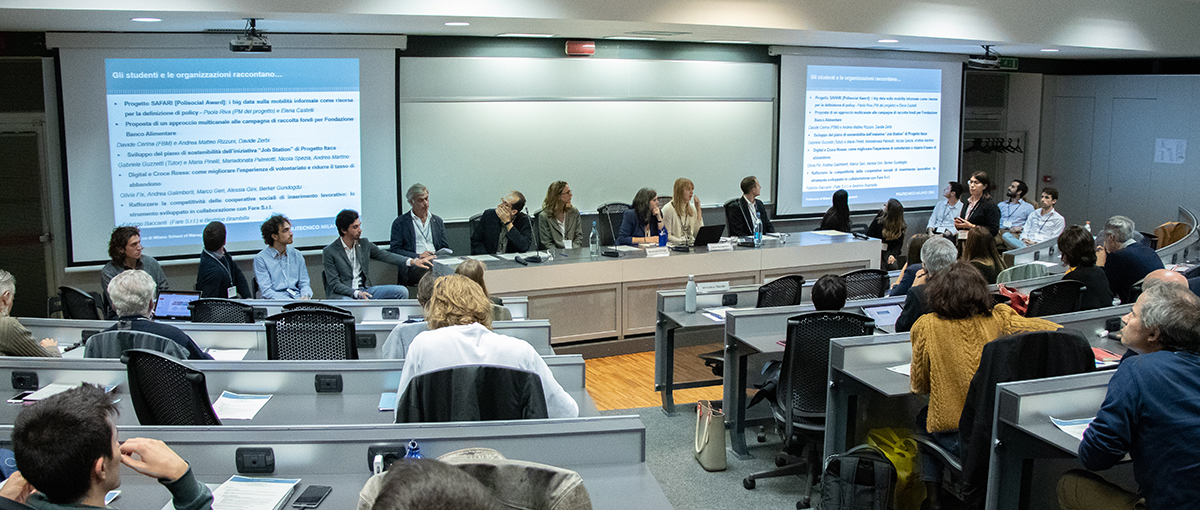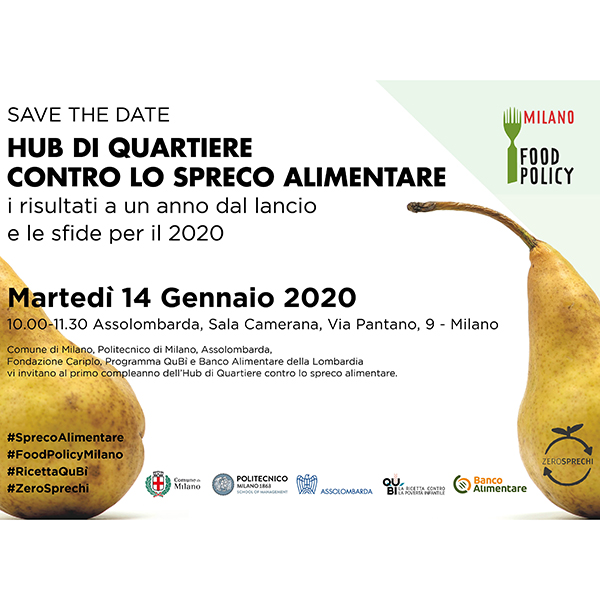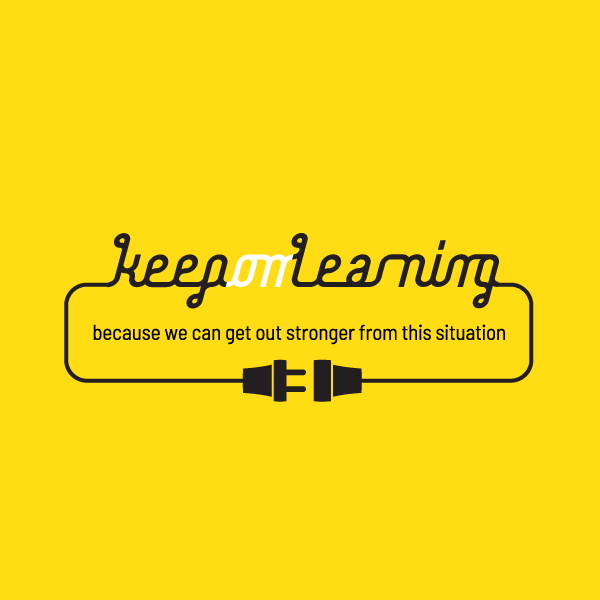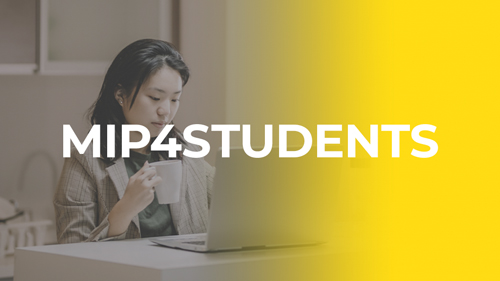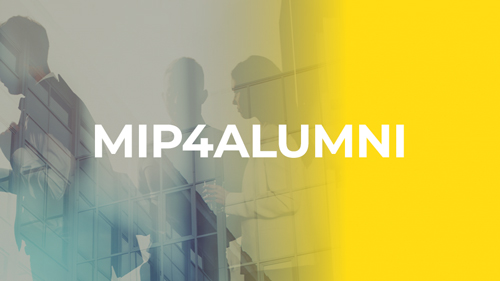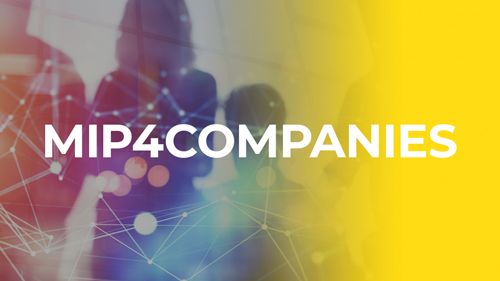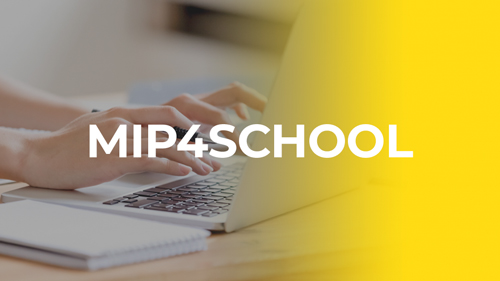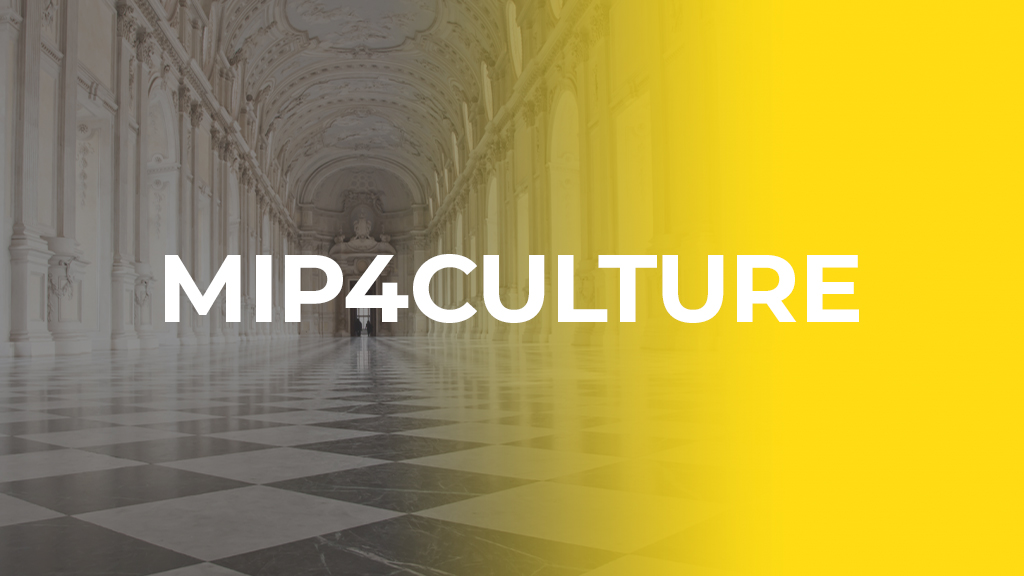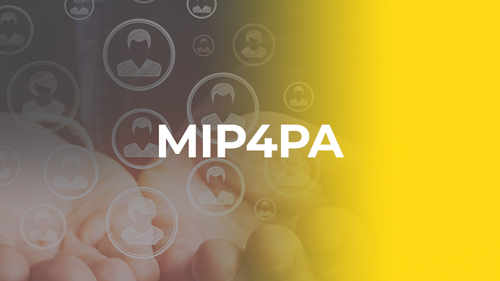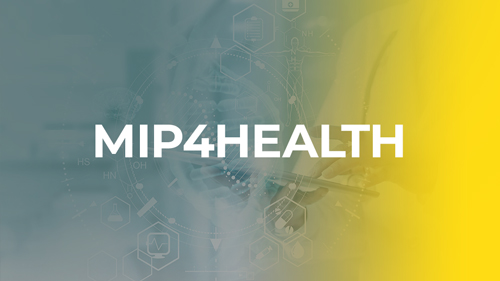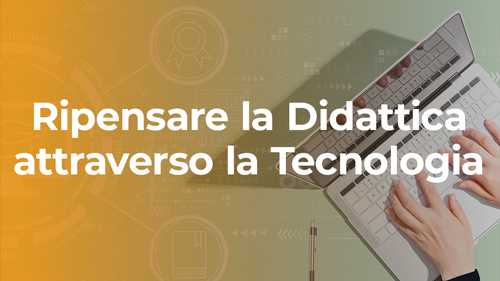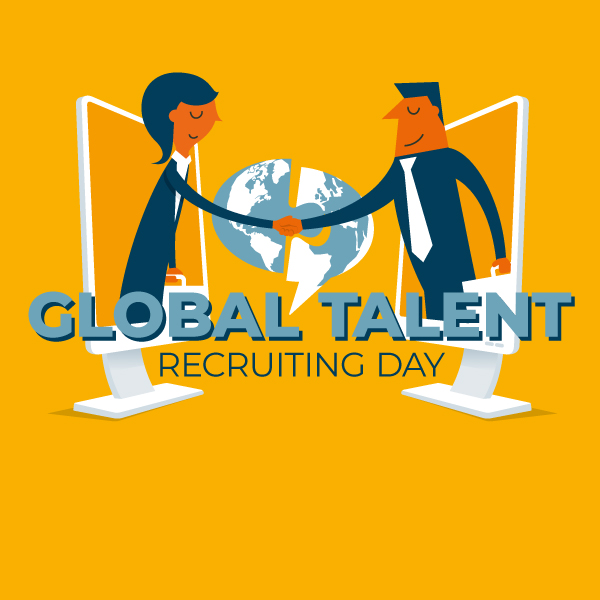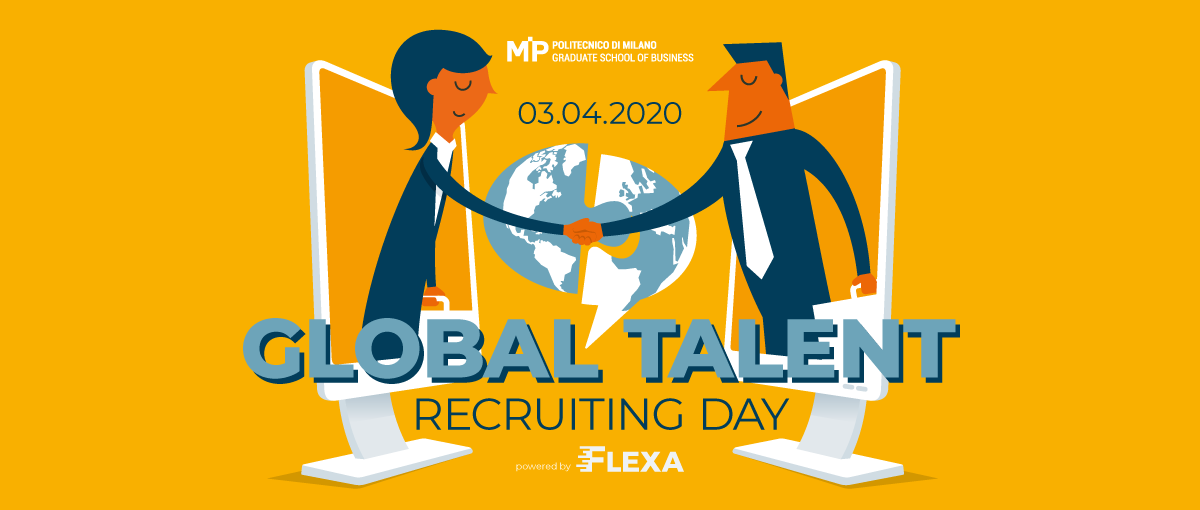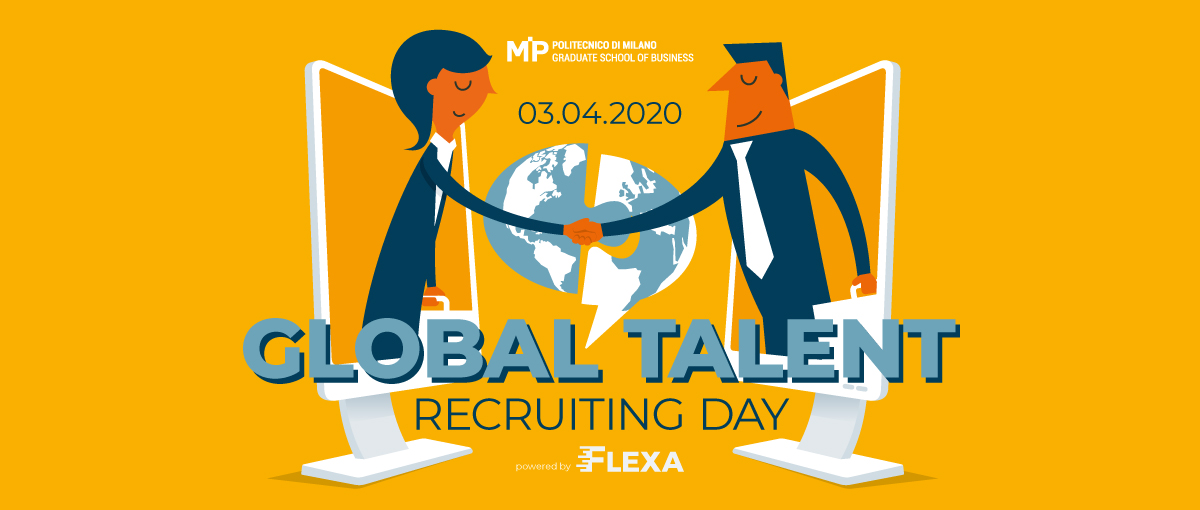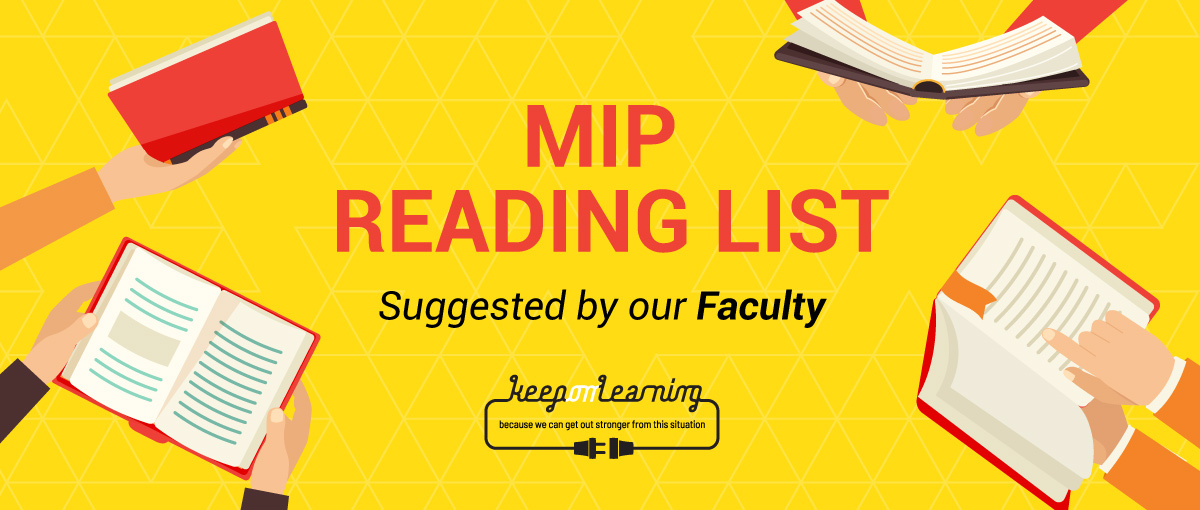
Discover the reading list suggested by the members of our Faculty
Thinking, Fast and Slow by Daniel Kahneman
suggested by Chiara Franzoni, Director of the International Master in Innovation and Entrepreneurship
Reasons why: This beautiful book from Nobel-Laureate Daniel Kahneman explains in a clear and enjoyable way the pitfalls and biases of human cognition. A must-read for anyone dealing with financial markets and with marketing. But also a real classic and fun read for anybody.
Superforcasting. The Art and Science of Prediction by Philip Tetlock
suggested by Chiara Franzoni, Director of the International Master in Innovation and Entrepreneurship
Reasons why: Being able to anticipate and predict the geo-political events is a great ability that any leader should exercise. Here’s a scientific point of view of what we really know about predicting. Learn to use the approach of US intelligence and other experts tasked with professional forecasting.
The Business of Platforms: Strategy in the Age of Digital Competition, Innovation, and Power by Michael A. Cusumano, Annabelle Gawer, David B. Yoffie
suggested by Federico Frattini, MIP Dean
Reasons why: It’s an essential book to understand the innovation dynamics in the new “platform competition” paradigm. It provides the reader with ideas about how to innovate his/her own business in a new, different context that, coming from this emergency period, will highlight the power of digital platforms.
Business Model Generation: A Handbook for Visionaries, Game Changers, and Challengers by Alexander Osterwalder and Yves Pigneur
suggested by Sergio Terzi, MIP Associate Dean for Executive Education
Reasons why: This book is an important source of inspiration for innovators. It talks about a practical method (the Business Model Canvas) to design ideas, products and services.
Invisible Influence: The Hidden Forces That Shape Behavior by Jonah Berger
suggested by Tommaso Agasisti, MIP Associate Dean for Internationalization, Quality and Services
Reasons why: Jonah Berger (Wharton) explains the way in which personalities and environments affect decisions and behaviours in different business situations. Reading this book you will develop an increased awareness about behaviour drivers and new ways to face managerial challenges.
Largo Winch by Francq and Van Hamme
suggested by Filippo Renga, Junior Assistant Professor
Reasons why: A different way to read about finance and corporate psychology. Giscard D’Estaing and other businessmen read it. It is a comic…perfect to relax!
Extreme ownership, How U.S. Navy Seals Lead and Winby Jocko Willink e Leif Babine
suggested by Giovanni Toletti, Associate Professor of Business Economics and Organisation
Reasons why: Leaders must own everything in their world. There is no one else to blame. Leaders must acknowledge mistakes and admit failures, take ownership of them and develop a plan to win
Presence: Bringing Your Boldest Self to Your Biggest Challenges by Amy Cuddy
suggested by Antonio Menegatti, Adjunct Professor at MIP Politecnico di Milano
Reasons why: Human Beings have the power not only to affect how others see us but also to change how we see ourselves and even the ability to alter our own chemistry, simply by changing body positions
The Power of Habit, Why We Do What We Do, and How to Change by Charles Duhigg
suggested by Giovanni Toletti, Associate Professor of Business Economics and Organisation
Reasons why: Why someone is able to change apparently overnight, and others don’t? The key are habits. Habits simplify the life and leave the brains free to perform other tasks. Hence are really useful. At the same time may represent constraints that limit our possibility to do things, innovate and change. How then may you change habits?
Leaders Eat Last: Why Some Teams Pull Together and Others Don’t by Simon Sinek
suggested by Antonio Menegatti, Adjunct Professor at MIP Politecnico di Milano
Reasons why: Leaders don’t just sacrifice their place at the table but often their own comfort and even their lives for those in their care, to the heads of big business and government – each putting aside their own interests to protect their teams.
The Power of Resilience by Yossi Sheffi
suggested by Antonella Maria Moretto, Associate Dean for Open Programs at MIP Politecnico di Milano.
Reasons why: In this moment of hard times, companies are finding out more than ever the importance of supply chain resilience, both internally and externally. Through the discussion of practical cases, the book offers interesting insights about why it is important to make the supply chains more resilient and provides practical suggestions about how to pursue this goal.
Platform revolution: How networked markets are transforming the economy and how to make them work for you by Geoffrey G. Parker, Marshall W. Van Alstyne and Sangeet Paul Choudary.
suggested by Daniel Trabucchi, Junior Associate Professor in Innovation Management Area.
Reasons why: A fresh view on the power of platforms that are changing the way we enjoy many products and services. At the intersection between innovation and strategy, this book shows how platforms are changing the rules of the game… industry after industry.
Finance and the Good Society by Robert J. Shiller
suggested by Giancarlo Giudici, Associate Professor of Corporate Finance.
Reasons why: The Nobel prize Shiller argues that, rather than condemning finance, we need to reclaim it for the common good. Far from being a parasite on society, finance is one of the most powerful tools we have for solving problems and increasing the general well-being.
Outliers. The story of success by Malcolm Gladwell
suggested by Luca Baiguini, Adjunct Professor of People Management and Organization.
Reasons why: Gladwell challanges the idea of success as a mix of talent and hard work. With his words, success “is not exceptional or mysterious. It is grounded in a web of advantages and inheritances, some deserved, some not, some earned, some just plain lucky.”
Machine, Platform, Crowd: Harnessing Our Digital Future by Andrew McAfee and Erik Brynjolfsson
suggested by Luca Gastaldi, Associate Professor, Core Faculty Member.
Reasons why: A clear and crisply reflection on the impact of latest digital technologies on our way of living and working.
The Lean Startup: How Today’s Entrepreneurs Use Continuous Innovation to Create Radically Successful Businesses by Eric Ries
suggested by Antonio Ghezzi, Associate Professor, Core Faculty Member.
Reasons why: Will my original business idea work? And can startup development be ‘lean’? In his seminal book that revolutionized traditional startup launch based on business planning, Ries proposes a counter-intuitive and systematic approach to business model validation based on MVPs and experiments.
The Rise of the Robots: Technology and the Threat of Mass Unemployment by Martin Ford
suggested by Federico Della Bella, Extended Faculty Member.
Reasons why: This book outlines a reality when intelligent algorithms are already able to substitute blue collar and white collar jobs. Many of the existing jobs have become obsolete, and many others will soon be replaced by robots, especially those based on data and information. Without radical assessment of our economic and political structures, the risk of implosion of our society is very high.
